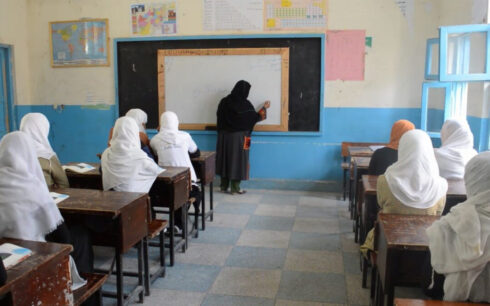WASHINGTON — U.S. Defense Secretary Lloyd Austin described the state of women’s rights in Afghanistan as “horrible” following the U.S. withdrawal in 2021, acknowledging the dire consequences for women under Taliban rule.
Mr. Austin reflected on the aftermath of the withdrawal, noting the widespread concerns at the time about what might follow. “There was a lot of speculation on what would happen if Washington left Afghanistan,” he said. “The world was going to come to an end. We were going to get attacked every day, and that just hasn’t happened. But some horrible things have happened in terms of women’s rights. We’ll just have to continue to work on those things.”
Mr. Austin, who is stepping down as defense secretary, bid farewell on Friday to the forces and personnel he has led during a tenure marked by three major military crises, the COVID-19 pandemic, and his own battle with cancer. His time at the Pentagon also included overseeing the chaotic end of the United States’ 20-year involvement in Afghanistan, an episode that continues to provoke mixed reactions among Americans and U.S. allies.
The decision to withdraw, made by President Biden, followed an agreement forged under President Donald J. Trump to end the longest war in U.S. history. The final days of the withdrawal in August 2021 were marked by a desperate and frenzied evacuation, during which the U.S. military airlifted more than 124,000 people out of Kabul in just 17 days.
The operation, carried out by Air Force C-17s and chartered aircraft, faced tragedy when a suicide bombing at Kabul’s airport killed 13 U.S. service members and at least 170 Afghans, just days before the final American troops departed.
The withdrawal left a deep sense of loss among many veterans, as well as concerns about the Taliban’s swift return to power and the erosion of progress, particularly in the area of women’s rights. The Taliban’s restrictive policies have barred Afghan women and girls from schools, jobs, and public spaces, drawing widespread condemnation from human rights groups and the international community.
Mr. Austin’s comments come as U.S. officials continue to grapple with the legacy of the war and its impact on Afghanistan’s future, particularly for women and minorities.





